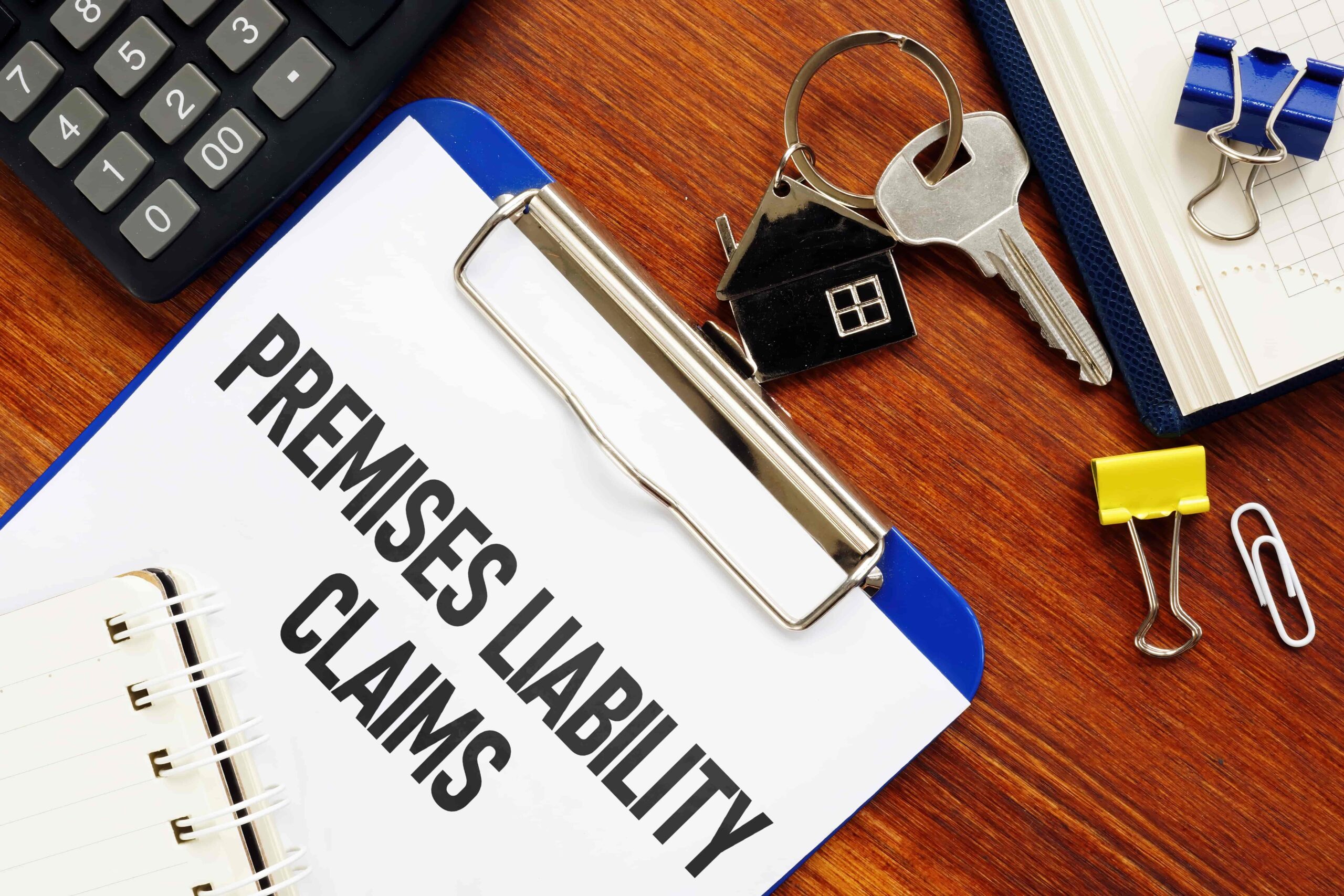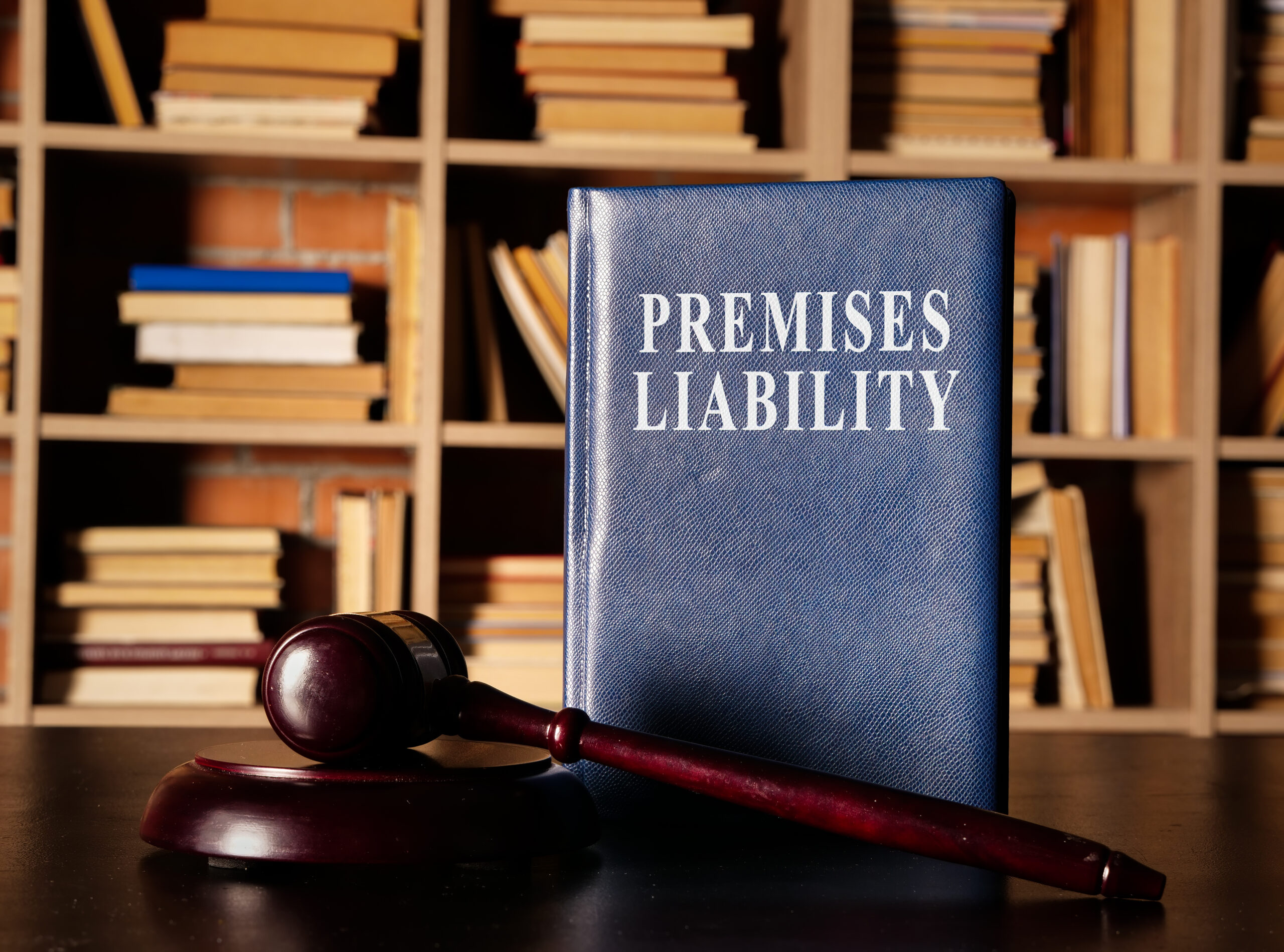When individuals lease or rent property, they have a reasonable expectation that the property is in a safe condition and that the property owner or landlord will maintain the safety of the premises. However, if the owner/landlord fails to satisfy their legal duty of care and a tenant suffers an injury on the premises, the owner/landlord or their insurance company may need to pay for those injuries and damages.
If you or a person you care about recently suffered one or more injuries because a landlord acted negligently or unreasonably, you have legal options. In addition to seeking the medical treatment you need, you need to contact an experienced premises liability lawyer in Chicago as quickly as possible.
Your attorney can review the circumstances of your accident and your medical treatment records. They can also negotiate with the property owner's insurance company or litigate your case in court for an efficient resolution.
Throughout the process, your attorney can answer all your legal questions and pursue the maximum monetary compensation you deserve through a favorable settlement offer or litigation result in court.
Schedule a Free Initial Consultation
What Amounts to Landlord Negligence?

Landlord negligence can take on several different forms, but it almost always occurs when a landlord acts recklessly or negligently under the circumstances.
Property owners have a duty to maintain their premises in a safe condition and to promptly warn about or repair dangerous situations they are aware of.
Some of the most common types of landlord negligence that can lead to debilitating injuries include:
- Negligent or inadequate security, where a property owner fails to ensure that there is an adequate security presence on the premises, including security personnel and security cameras
- Slip and fall hazards on the interior or exterior of the premises, especially where a premises owner or landlord fails to warn about or correct concrete spalling, pavement cracks, and defective flooring conditions in common areas of an apartment building within a reasonable amount of time
- Hazardous premises conditions, including the presence of asbestos and lead paint on the premises
- Negligent repair work, where a premises owner fails to make certain repairs within a reasonable amount of time, knowing full well of the existing hazard(s).
A landlord also has specific duties of care that they owe two tenants on the premises.
Those duties include:
- Making all necessary and reasonable repairs in a timely manner
- Keeping the tenant's rental unit fit for habitation
- Making sure that the rental unit complies with all applicable local and state health regulations and housing codes
Failing to properly maintain a safe and healthy property can lead to many problems for tenants. Illnesses from toxic exposure, injuries from falls, and other conditions can require a tenant to undergo medical treatment, miss work, experience pain and suffering, and incur other costly losses. Injured tenants should not have to cover their own expenses in this situation.
When a landlord fails to follow one or more of these legal duties and a tenant suffers an injury on the premises, the landlord or their insurance company may be liable for the resulting damages.
Your legal team can review the circumstances of your accident and determine if you may hold the landlord accountable. If so, you can file a personal injury claim with the landlord's insurance company and pursue the favorable settlement compensation or litigation result you need.
Burden of Proof in a Personal Injury Case Involving a Landlord
A personal injury attorney in your area can file a legal claim against the landlord's insurance company based upon negligence if you suffered a severe injury on the premises. To recover monetary compensation of damages for your injuries, you must first satisfy your legal burden of proof.
First, you must demonstrate that the landlord owed you a legal duty of care to behave reasonably that they subsequently violated. For example, the landlord might have failed to follow housing or building codes or neglected to repair a known defective condition within a reasonable amount of time.
Next, you must demonstrate that your accident and injuries occurred as a direct result of the landlord's breach. To establish this legal element, you may need to have a qualified medical provider on board in your case.
A healthcare provider can state, to a reasonable degree of medical certainty, that you suffered your injury or illness as a direct result of the landlord's negligence or breach of their duty of care. In addition, a qualified healthcare provider can establish whether one or more of your medical conditions are permanent.
An experienced personal injury lawyer in your area can ensure the facts of your case satisfy the legal burden of proof so that you recover the monetary damages you deserve.
Injuries and Illnesses That May Result From Landlord Negligence
When a landlord behaves unreasonably or negligently, tenants and other individuals may suffer serious injuries or illnesses on the property. For example, if a landlord fails to properly maintain flooring in a common area of the premises or fails to repair a defective sidewalk surrounding the premises, a slip and fall accident may happen, leaving a tenant with serious injuries.
Some of the most common injuries that result in accidents stemming from landlord negligence include traumatic head and brain injuries, bone fractures, soft tissue contusions, spinal cord injuries, complete and incomplete paralysis injuries, mouth and teeth injuries, open lacerations, bruises, and death.
In addition, when landlords fail to follow their legal duty of care, tenants on the premises may suffer serious injuries. For example, tenants can suffer irreparable lung or sinus damage or breathing difficulties due to asbestos or other harmful chemicals on the premises.
If you suffered an injury or illness due to a landlord's negligence, you need to get the medical care you need. After receiving treatment at a hospital emergency room or urgent care facility, follow your medical provider's treatment recommendations. For example, you may need to consult your primary care doctor, visit a specialist, undergo a medical procedure, or seek another medical treatment.
By following through with your medical treatment regimen and treating continuously for your injuries, you increase your chances of obtaining a full recovery. You also show your landlord's insurance company that your injuries are serious, that you are taking your medical treatment seriously, and that you deserve to recover total and fair compensation for your resulting medical complications.
While you seek the medical treatment you need and focus on completing your treatment regimen, your personal injury attorney can gather the necessary documentation to prove your case. Those documents may include copies of your medical bills, medical treatment records, photographs of your visible injuries, and the incident scene.
After you complete all your medical treatment, your lawyer can assemble these documents into a settlement demand package and send them, along with a settlement demand letter, to the landlord's insurance company seeking monetary damages.
Negotiating with the Landlord's Insurance Company
If you suffered injuries or medical complications in an incident that resulted from landlord negligence, your attorney can file a personal injury claim with the landlord's insurance company on your behalf.
After your attorney submits a settlement demand package to the handling insurance company adjuster, the adjuster will review the documents and decide whether to accept fault or liability for the occurrence. If the insurance company accepts responsibility, your lawyer can start settlement negotiations with the adjuster.
Dealing with insurance companies is often a significant struggle. This is because insurance companies are not in the business of compensating injured or ill accident victims for their medical complications. Instead, insurance companies are interested only in settling claims quickly and for as little monetary compensation as possible.
Insurance companies want to keep their money in-house, and they may have difficulty doing that if they have to pay out a significant personal injury settlement, jury verdict, or binding arbitration award. Therefore, you can expect a low first monetary offer from an insurance company adjuster.
Your personal injury lawyer can aggressively negotiate with the insurance company adjuster handling your claim:
- Your lawyer can highlight the strengths of your medical records while downplaying any weaknesses.
- Your lawyer can point to reports from potential medical experts in your case.
- If the insurance company still refuses to offer you the fair monetary damages you deserve, your attorney can threaten the insurance company with a lawsuit in court.
Sometimes, the insurance company will increase their settlement offer to avoid litigation. Other times, your lawyer may need to actually file a lawsuit in court, beginning the litigation process.
Your attorney can guide you to make both informed and intelligent decisions throughout your case, including deciding whether you should accept a pending settlement offer from your landlord's insurance company or litigate your case to a resolution through the court system.
Recovering the Monetary Compensation You Deserve for the Medical Complications You Suffered
If you sustained one or more injuries or other medical complications that resulted from a landlord's negligence, you may receive a monetary recovery. Your attorney can estimate the value of your personal injury claim or lawsuit and let you know which economic damages and the amounts of those damages you may recover through your claim or lawsuit.
First, an injured tenant can recover monetary compensation for their related medical treatment, doctor visits, medical procedures, and physical therapy sessions. In addition, if a healthcare provider determines that they suffered a permanent injury and may need medical care in the future, they may receive compensation for their anticipated medical costs.
Additionally, if the accident victim had to take time off work to achieve a full recovery, they can receive compensation for their lost earnings. If they suffered a severe injury that affected their ability to work, and they had to switch jobs and take a pay cut, they can receive compensation for loss of earning capacity.
In addition to these potential out-of-pocket costs that a tenant can recover in a personal injury claim or lawsuit, the tenant may also recover compensation for their intangible losses.
Those monetary damages compensate accident victims for all their permanent disability and disfigurement, inconvenience, mental distress, pain and suffering, loss of the ability to use an injured body part (for example, paralysis), lifetime care costs, decreased quality of life, and loss of spousal companionship and consortium.
Your attorney will do everything they can to maximize the compensation that you receive for all your accident-related injuries. Moreover, if the insurance company will not view your case favorably or offer you the settlement compensation you deserve, they can file a lawsuit on your behalf and litigate your case at a civil jury trial or binding arbitration proceeding.
Talk With a Skilled Personal Injury Attorney About Your Legal Matter Right Away

If you have suffered injuries in an accident or other occurrence that resulted from a landlord's negligence, you are not alone. However, you must retain skilled legal counsel to handle your case immediately.
Accident victims have only two years from their accident to file a personal injury lawsuit that seeks favorable monetary compensation.
If the accident victim does not file their lawsuit within two years, they may no longer file a personal injury lawsuit for damages. If the accident victim does file a lawsuit belatedly, the defense attorney representing the landlord will move to dismiss the case. The court will then have no choice but to grant that dismissal; therefore, the tenant will not receive any monetary damages.
Retaining a right personal injury lawyer in Chicago early in the process increases your chances of recovering the favorable monetary award you deserve.
Your lawyer can fight for your legal rights and interests at every stage of the proceedings and will do everything possible to secure you the favorable settlement offer or litigation result you need and deserve for your medical complications.



